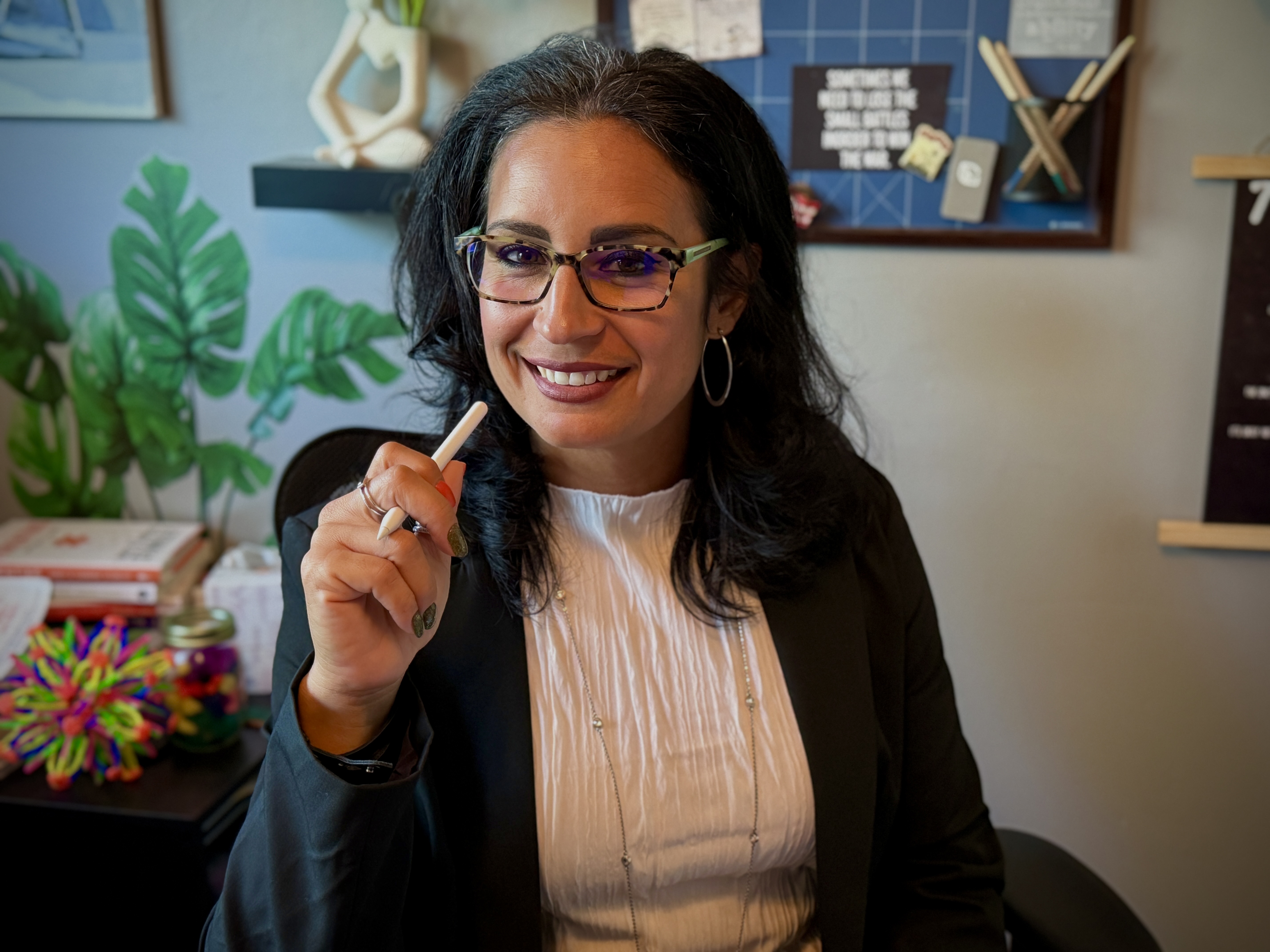Restoring Respect, Intimacy & Partnership
- Yvette E. McDonald, LCSW-QS, CMNCS

- Sep 25, 2025
- 4 min read
Breaking the Parent-Child Cycle in Neurodiverse Relationships Post 5
By now in this series, we’ve unpacked how the parent-child dynamic forms, how it creates resentment and burnout, what it takes to rebalance the relationship, and how emotional triggers like RSD and shame keep the cycle going.
But where do you go from here?
This final post is about what healing looks like. It’s about reconnecting not just as task managers or cohabitants, but as emotional partners: rebuilding mutual respect, restoring intimacy, and creating a dynamic where you both feel seen, capable, and safe.

Respect: The Foundation of a Healthy Relationship
Respect means:
I see you as an equal.
I trust you’re doing your best.
I honor how your brain works, even if it’s different than mine.
In neurodiverse relationships, respect often needs to be redefined. It’s not about who’s “more organized” or “emotionally mature”—it’s about meeting each other where you are and co-creating a system that works for both of you.
This includes:
Releasing shame around how tasks get done
Valuing each other’s ways of processing, expressing, or resting
Communicating with curiosity instead of correction
Respect also means acknowledging progress—even small progress—because healing this dynamic isn’t a single conversation. It’s a new way of being together.
Intimacy Beyond Functionality
One of the biggest casualties of the parent-child dynamic is emotional and physical intimacy. When one partner feels like the manager and the other feels like the mess, desire often disappears.
To restore intimacy:
You must shift from roles into connection.
You must speak not just about logistics, but longings.
Try asking:
What makes you feel wanted—not just needed?
What do you miss about how we used to connect emotionally or physically?
When do you feel most relaxed or safe around me?
True intimacy happens when both people feel emotionally safe—not perfect, but safe. It grows in the little moments where shame is met with compassion and frustration is met with curiosity.
Partnership: Moving Forward Together
You’re not trying to “fix” each other. You’re learning how to live in sync with different rhythms, needs, and stress responses.
Some habits that help:
Weekly check-ins: not just about tasks, but about how you’re feeling and connecting
Celebrating wins—even if it’s “I didn’t shut down today when we talked about money”
Building routines that feel fair—not 50/50, but equitable and strength-based
Learning when to pause a conversation and come back regulated
And if you fall back into old roles? That’s okay. You’ll notice it sooner. You’ll recover faster. You’ll have language to say, “Hey, I think we’re slipping back into that pattern—can we reset?”
That’s the difference. That’s growth.

From My Own Life
There are still days where my husband and I bump up against this dynamic. But the difference now is—we can name it which then allows us to work through it.
We know what it looks like. We know when we’ve crossed the line from support to micromanaging, or from stress to shame.
And that awareness has allowed us to repair quickly, and more importantly to build a relationship that feels deeply respectful, emotionally honest, and grounded in love.
It doesn’t mean it’s always easy. But it means we’re on the same team now. Part of what keeps us on the same team is honoring each other’s differences through small but powerful accommodations, like giving space during sensory overload, slowing down conversations, or softening how we bring up hard topics. If you want to explore this idea more deeply, I wrote an entire post on relationship accommodations and how they give couples permission to be fully themselves in love.
Reflection Questions
What kind of partnership do we want to build together moving forward?
What does respect look like in our relationship, in practical terms?
What habits or rhythms could help us stay connected emotionally—not just functionally?
What does it look like to be safe, equal partners—even when we’re different?
Bonus: Resource Roundup for Neurodiverse Couples
Whether you’re just beginning to unpack these dynamics or ready to go deeper, here’s a curated list of books, webinars, and tools to support your journey:
Books for Neurodiverse Couples
ADHD & Us – Anita Robertson
Is It You, Me, or Adult A.D.D.? – Gina Pera
The Couple’s Guide to Thriving with ADHD – Melissa Orlov
When Your Partner Has Autism – Kate McNulty
Love and Asperger’s – Kate McNulty
ADHD After Dark – Ari Tuckman
Podcasts & Webinars
ADHD & Marriage Webinars – Tools and insights specifically for neurodiverse couples
ADHD reWired Podcast – Especially useful for self-awareness and executive function tools
I Have ADHD Podcast (Natalie Lue-style content may also resonate with emotional burnout themes)
Tools for Communication & Shared Responsibility
Shared Google Calendars or Cozi App
Todoist or Trello for task collaboration
Whiteboards or visual planners for at-a-glance structure
The 5 Love Languages Quiz – To reconnect with each other’s emotional needs
Support Options
Discernment Counseling – Ideal for couples unsure if they want to repair or separate
Neurodiversity-Affirming Therapy – Look for therapists trained in ADHD/autism relationship dynamics
Workbooks:
Couples Guide to Thriving with ADHD (includes exercises!)
Stop Walking on Eggshells (for emotional regulation dynamics—not specific to ND but useful)
If you’ve made it through this series, I want you to know: this work is hard but it’s also worth it. The parent-child dynamic doesn’t have to define your relationship. With honesty, tools, and a shared commitment, you can create something far better: a partnership rooted in trust, respect, intimacy, and growth.

Yvette is a psychotherapist, Licensed Clinical Social Worker (LCSW), and Certified Mental Health and Nutrition Clinical Specialist (CMNCS) who helps neurodiverse couples build emotional safety, connection, and sustainable communication. Through Nourivida Wellness, she offers concierge therapy and discernment counseling for couples navigating tough relational patterns, identity differences, or chronic disconnection.
👉 Want support navigating your own relationship patterns? Learn more or schedule a consult at Nourivida Wellness



